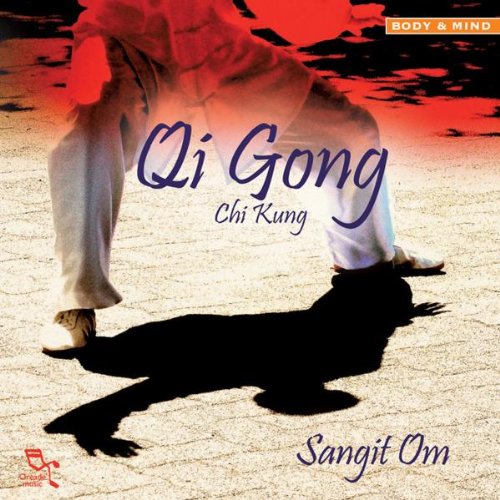What Exatly Is Stress & What Does It Do To Us?
In 1926 a young Polish medical student named Hans Selye noticed that people suffering from different ailments had many of the same complaints. These included lack of appetite, increased blood pressure, a feeling of "sluggishness" and decreased ambition. The term, "stress" was used to describe this condition of, "just being sick."
Modern Psychophysiologists (specialists in understanding and treating stress) have come to appreciate that stress comes about as the result of two types of events: (1) PSYCHOSOCIAL stressors are real or imagined events that can occur inside or outside our bodies. We feel stress because the way we think about these events produces a stress reaction. As an example, waiting in stop and go traffic is stressing only when the person waiting thinks of it as disagreeable. (2) BIOGENIC stressors, on the other hand, cause stress by stimulating a stress reaction in the body, regardless of our thought processes. Some drugs, such as amphetamines, are biogenic stressors. The caffeine in coffee and the nicotine in cigarettes also serve as biogenic stressors because they possess stimulant qualities that will provoke a stress response regardless of our reasoning.
THE MIND BODY INTERACTION
Overall however, it is our mind that determines the amount of stress in our lives. This is because the majority of events in our day-to-day lives (like slow traffic) are neutral incidents until we decide they are stressful. Stress then is an expression of the relationship between people and their environment as they interact with each other.
Why does stress impact negatively on our bodies? The stress response represents the epitome of the mind-body interaction. This interaction occurs in three stages:
Stage 1 Termed the "Alarm Reaction", it occurs when a generalized shock befalls the body in response to a stressor.
Stage 2 The "Resistance Stage", occurs when the body repairs any damage caused from the stress. The body is attempting to regain its balance, called homeostasis. As long as stress is not too persistent or too concentrated the Alarm / Resistance Cycle can be repeated over a lifetime without difficulty.
Stage 3 If the stress is habitual the body must remain in the Alarm Stage. This continual "on guard" stance finally causes the body to enter stage 3, the "Exhaustion Stage". It is here that symptoms of disease and / or dysfunction occur. Lymphatic structures may enlarge; there is increased vulnerability to disease; psychological exhaustion may occur and, finally, physiological exhaustion develops and may even result in death.
How each one of us reacts to stress is determined by our unique genetic make-up and our behavioral patterns. Whether you are blessed in this regard or react to stress badly, almost everyone can learn to improve their response to stress.
Your stress management skills are the coping strategies you use to reestablish and maintain balance (homeostasis). Adaptive strategies reduce immediate stress and promote long-term health. Examples include exercise, relaxation training, and proper eating habits. Maladaptive strategies may reduce short-term stress but as a result of employing them, the individual suffers in the future. Cigarette smoking and consumption of alcohol are two common examples. Employing appropriate stress management techniques enables you to keep the stress response within the first two stages and the third stage, Exhaustion, does not become part of the process. It bears repeating that almost everyone can learn to cope with stress in a positive, healthful way and improve the quality of their lives.
What Exatly Is Stress & What Does It Do To Us? by C. Scott Moffett




